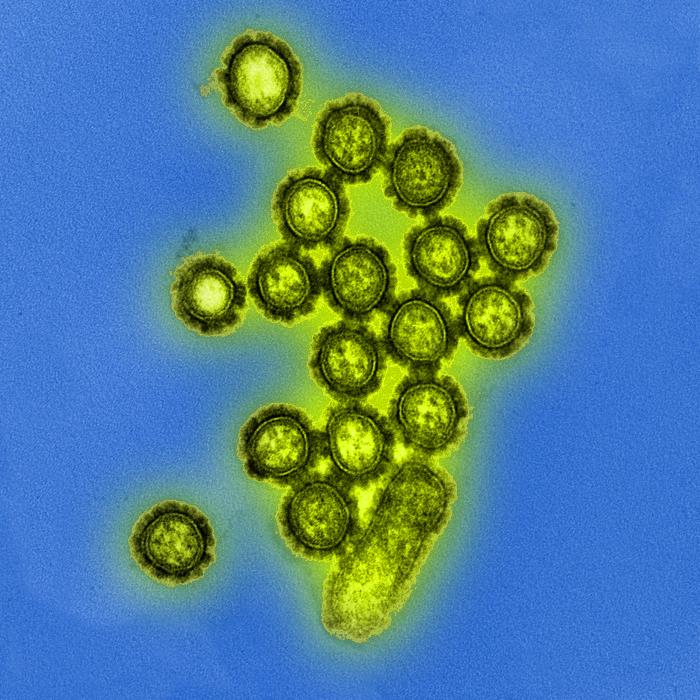According to the International Federation of Red Cross and Red Crescent Societies (IFRC), the Vice Minister of Public Health (MoPH) in North Korea officially informed the World Health Organization (WHO) Country Office in Pyongyang of an outbreak of Influenza A (H1N1) stating that between 1 December 2017 and 16 January 2018 there was a total of 126,574 suspected influenza cases – individuals presenting with influenza-like illness.

81,640 cases were confirmed as influenza A (H1N1)and as per the Ministry communication there had been four deaths – three children and one adult.
More than one quarter of the cases are reported in Pyongyang.
The government has requested support for influenza vaccination targeting high-risk individuals with the MoPH specifically requesting 30,000 Oseltamivir tablets for healthcare workers. WHO has so far dispatched 5,000 tablets with 30,000 in the pipeline to distribute to frontline healthcare workers and vulnerable groups.
The Democratic People’s Republic of Korea Red Cross Society (DPRK RCS) is meeting daily with the MoPH to coordinate activities and better understand the needs and gaps. The IFRC country office in Pyongyang met with WHO on Tuesday 24 January and were briefed along with other UN and NGO agencies on the developing situation. The IFRC and DPRK RCS met on 25 January to assess how Red Cross can contribute to efforts in limiting the outbreak. The DPRK RCS may require support in assisting the MoPH with procurement of some key consumables such as Rapid Testing Kits and support social mobilization focusing on prevention and surveillance.
The DPRK RCS has on-going programmes in health, water sanitation and hygiene (WASH) and disaster management (DM)/disaster risk reduction (DRR) and have trained staff and volunteers in epidemic control, and as such is well placed to assist with social mobilization focusing on signs, symptoms, prevention and treatment of the illness. The DPRK RCS will discuss the priority geographical locations with the MoPH understanding that the outbreak is nationwide with 28.7 per cent of cases in Pyongyang where they do not at present have community activities. They have community-based activities using the Community Based Health and First Aid (CBHFA) approach and have 35 trainers in the Epidemic Control for Volunteers (ECV) methodology as well as having trained 200 volunteers in ECV. Additionally, the DPRK RCS has strong links with 500 health facilities where they have for many years distributed medicines.
So far, the outbreak has not been graded as WHO is awaiting further epidemiological information from the MoPH including the age break down of suspected and confirmed cases, number of pregnant women affected and confirmation of the type of influenza.
Related:
- North Korea’s Bioweapon Program: What do we actually know?
- North Korean defector riddled with bullets, parasites and hepatitis B expected to survive
- North Korea: The killing of Kim Jong-nam, VX nerve agent and other WMDs


One thought on “North Korea reports H1N1 influenza outbreak”